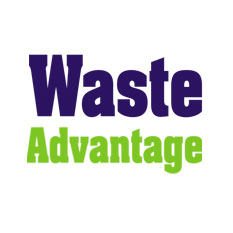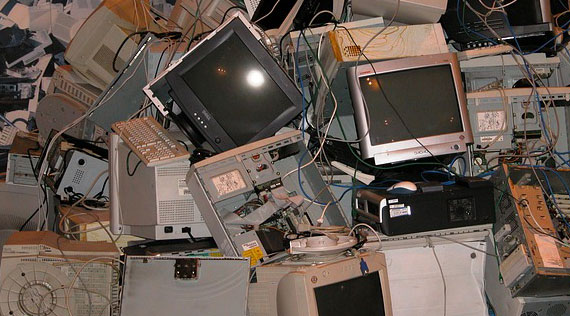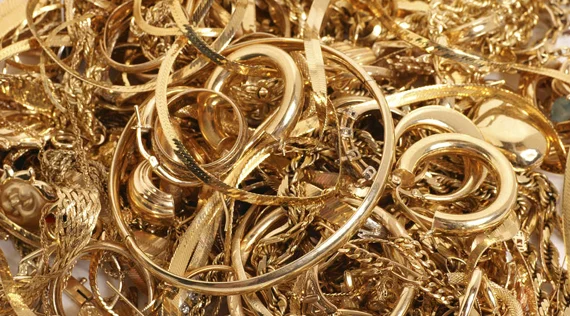That report found that cathode ray tubes (CRT), which were used prior to newer flat screen technology, remain “a significant problem†under the recycling program.
SEATTLE (Waste Advantage): Faced with a continuing problem of obsolete television tubes and computer screens that are costly to recycle, the state is considering imposing new fees on the electronics industry to support its six-year-old mandatory electronics recycling law.
Such rules are now being reviewed by the state Department of Environmental Conservation and could be released early next year, according to the agency, which this week issued its annual report on the progress of a 2010 law meant to keep electronics out of landfills.
That report found that cathode ray tubes (CRT), which were used prior to newer flat screen technology, remain “a significant problem” under the recycling program. The heavy glass tubes have no recycling value, contain toxic lead, and cost money to dispose of.
Retailers like Best Buy, which once accepted recycled electronics for free, began charging to accept CRTs, while some recyclers refused to accept them. It became illegal to dispose of CRT tubes and other electronic waste in landfills starting in January 2015.
When the state recycling program started, recyclers could earn $200 a ton by recycling the tubes. Now, the market for the leaded glass has collapsed, and recyclers can pay $200 a ton or more to dispose of the tubes, according to the DEC report.
Commercial recyclers and municipal recycling, which are legally obligated to accept CRTs if they accept any electronic waste, have long complained that the tubes are a financial burden that should be shifted to the manufacturing industry.
The DEC report called CRTs a “significant issue,” but did not provide any financial estimates of the potential expenses that might be redirected toward the manufacturers.
The report also did not identify precisely how much of the electronic waste recycled between 2011 and 2015 has been CRTs. Instead, the report listed recycling categories for televisions, computer peripherals, small electronic equipment, computers and small scale servers.
However, the impact of CRT disposal could run into several million dollars a year, based on a Times Union analysis. The DEC report indicated that in 2015, about 22,200 tons on television and 15,200 tons of computer peripherals were recycled, accounting for about two thirds of all recycled electronics by weight statewide.
Both of those categories could include CRTs, which are extremely heavy compared to newer electronics. An average CRT tube can weigh 30 pounds or more, depending on its size.
Courtesy: https://wasteadvantagemag.com





 Member
Member